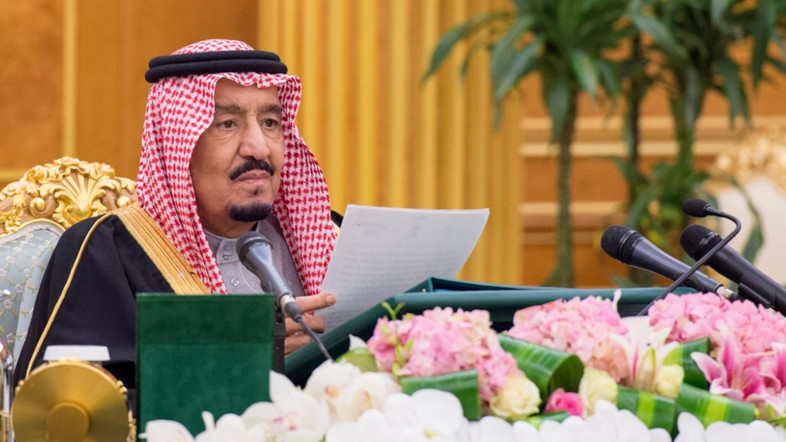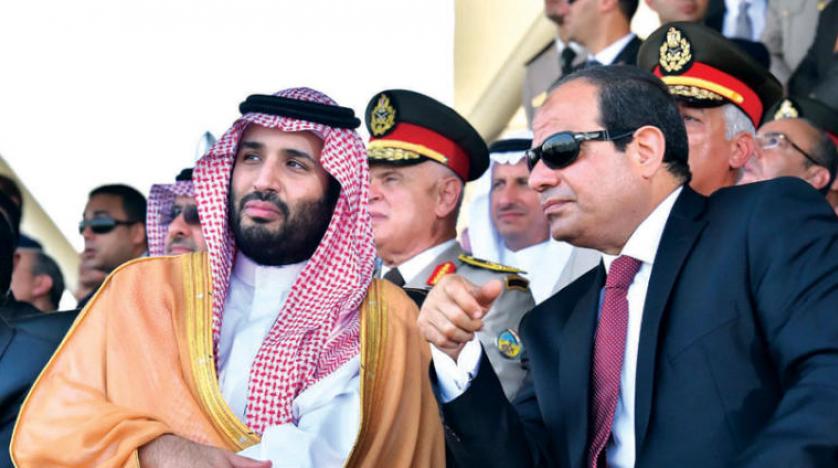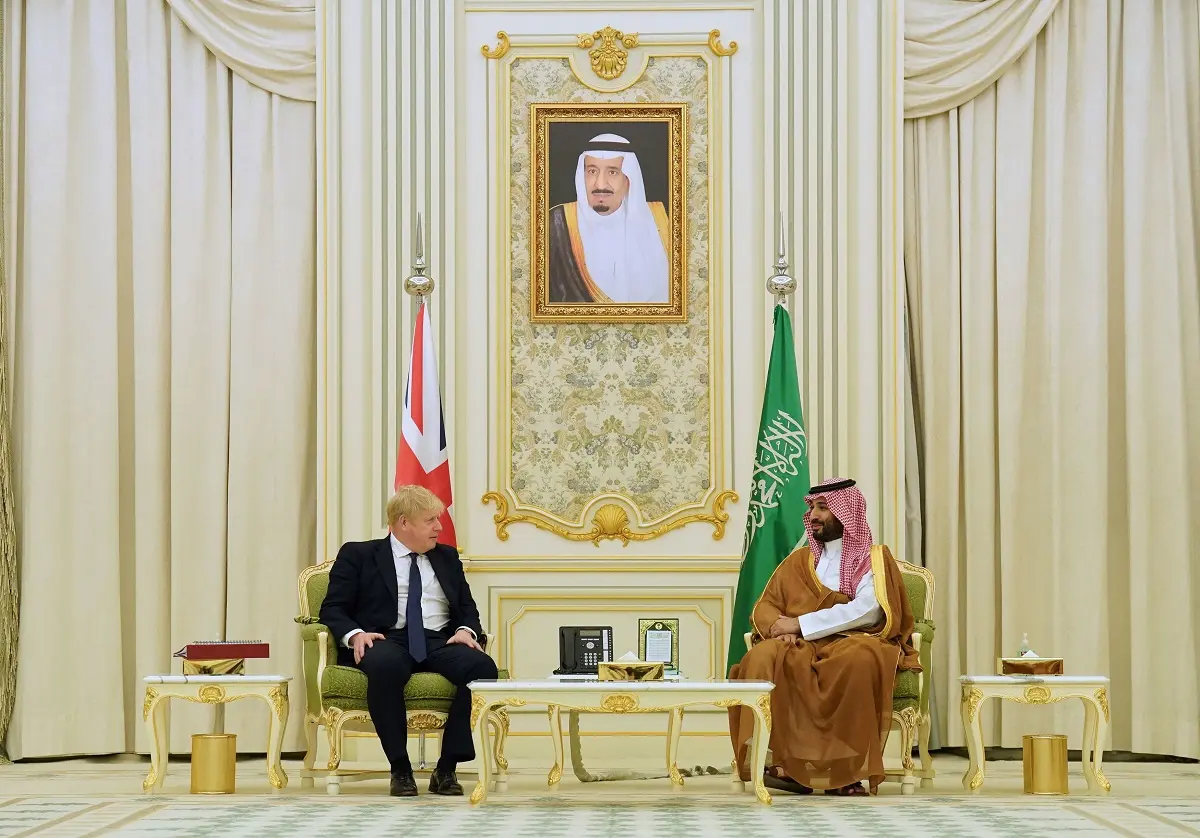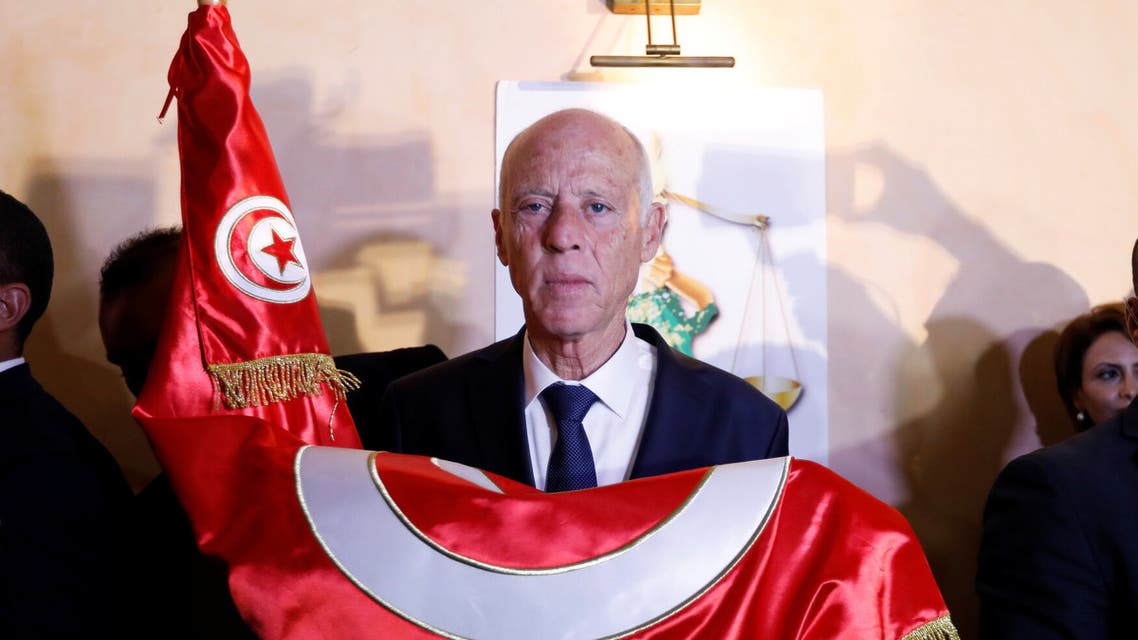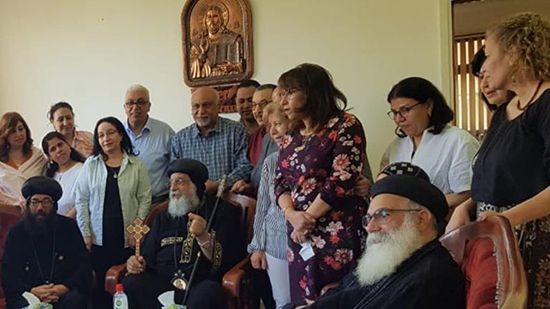King Salman bin Abdulaziz Al Saud, chaired the Saudi Cabinet’s session at Al-Yamamah Palace, on Tuesday, during which the State’s General Budget for the fiscal year 2018 was approved.
King Salman bin Abdulaziz Al Saud addressed the nation, announcing the budget, as the largest expenditure budget through the history of the Kingdom, based on low oil price levels compared to previous years, in order to continue development and enhancement process towards achieving the Kingdom Vision 2030, that aims at increasing the size of the national economy and sustain its growth, through diversification of economic base, sources of income and the capacity to adapt with developments and overcoming challenges.
The King said that dozens of programs have been launched to realize the goals of diversifying the economic base and empower the private sector to play a major role, in sustaining expenditure efficiency, in order to realize appropriate economic growth rates, mitigate the burden on the citizens and tackle possible impacts, in addition to supporting the private sector.
He hailed achievements related to decreasing the deficit of the budget of the current fiscal year that exceeded 25% compared to the last fiscal year, despite increasing the expenditure, adding that the target is to decrease the deficit of the next year budget to be lesser than 8% of the Gross Domestic Product, in spite of the great and expansionary volume of the budget.
The King stated that government programs have managed to downsize depending on oil to about 50%, adding that the development funds and the General Investments Fund take part in the capital and investment expenditure, with portions that exceeded capital expenditure volume, in the budgets of previous years, in addition to government keeping leading with capital expenditure, at an increase of 13%.
As a result, the government decided to invest these successes, expand development and adjust the fiscal balance program to be the year of balance (2023).
While maintaining fiscal policies, including the level of debt to GDP to remain below (30%) with a level of deficit to be gradually decreased.
The king said “this budget continues to disburse on various development sectors in all regions of the Kingdom at high rates, thankfully. It also includes allocations for housing, and a large expenditure of government funds that would contribute to push the economic wheel forward, and provide more employment opportunities for male and female citizens.”
The king announced that he directed “ministers and all officials to raise the level of performance, develop government services and enhance the efficiency of expenditure and transparency to meet the aspirations and the satisfaction of male and female citizens for the services provided to them as well as to reflect the desired objectives of the allocated amounts in this budget, and the emphasis on continuing to fight corruption and maintain public money.
He emphasized that the budget takes into consideration the “continuation of work towards comprehensive and balanced development in all regions of the Kingdom, without any distinction.”
Following are the highlights of the Saudi Budget 2018
• Approved 2018 Saudi budget: Expenditure 978 bln SAR, revenues 783 bln SAR, deficit 195 SAR
• Expected 2019 Saudi budget: Expenditure 1006 bln SAR, revenues 843 bln SAR, deficit 163 bln SAR
• Expected 2020 Saudi budget: expenditure 1050 bln SAR, revenues 909 bln SAR, deficit 141 bln SAR
• Expected 2021 Saudi budget: expenditure 1080 bln SAR, revenues 955 bln SAR, deficit 126 bln SAR
• Expected 2022 Saudi budget: expenditure 1107 bln SAR, revenues 1049 bln SAR, deficit 57 bln SAR
• Fiscal balance expected to be achieved in 2023 with expenditure of 1134 bln SAR, revenues 1138 bln SAR, surplus 4 bln SAR
• The 2018 state budget has the biggest expenditure of any adopted budget in the kingdom’s history, and it will be funded from the following sources: 50% from oil revenues, 30% from non-oil revenues, 12% from debt and 8% from government balances
• In 2018, tax on goods and services will generate around 85 bln SAR
• The budget allocates 2.5 billion riyals a month to the Citizens’ Account in 2018
• Public debt’s percentage compared to GDP will not exceed 25% during fiscal balance phase
• General reserves will not decrease below 250 bln SAR during financial balance phase
• Gradual increase of energy, water prices as expats’ levy continues to increase as previously announced
• General expenditure in 2018 to include general budget expenditure, expenditure of Public Investment Fund, other development funds
• Expenditure of Public Investment Fund, other development funds in 2018 to reach 133 bln SAR
• Total value of government’s capital expenditure is 338 bln SAR
• Funds’ capital expenditure to be spent on housing, energy, mining, industry, transportation, entertainment, communication, technology and small and medium-sized enterprises
• GDP decreased by 0.5% in 2017, to increase by 2.7% in 2018
• GDP of non-oil private sector increased by 1.5% in 2017, to increase by 3.7% in 2018
• Total value of stimulus packages for private sector are 200 bln SAR
• Capitals of Industrial Development Fund, Real Estate Development increased by 40 bln SAR in 2018
• 72 bln SAR will be spent on recent stimulus packages from 2017 until 2020
• Remaining 88 bln SAR are for future packages aimed at developing private sector, supporting local content
